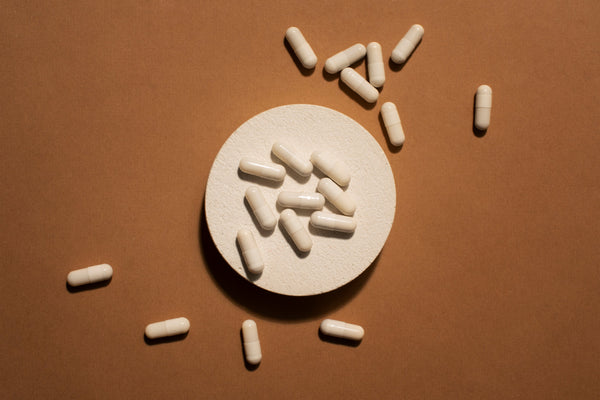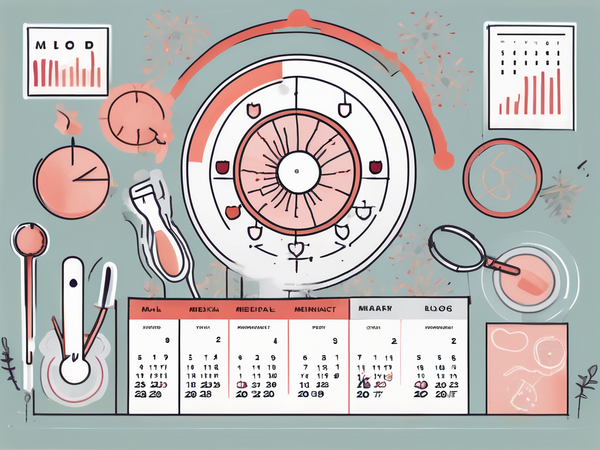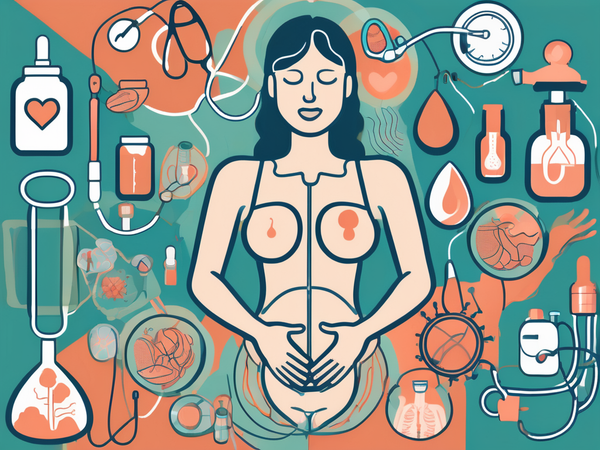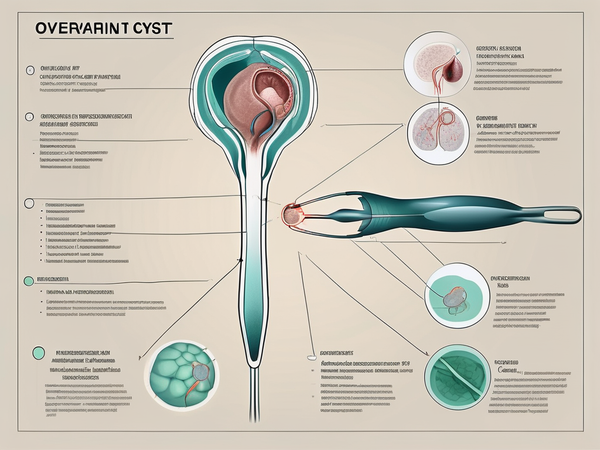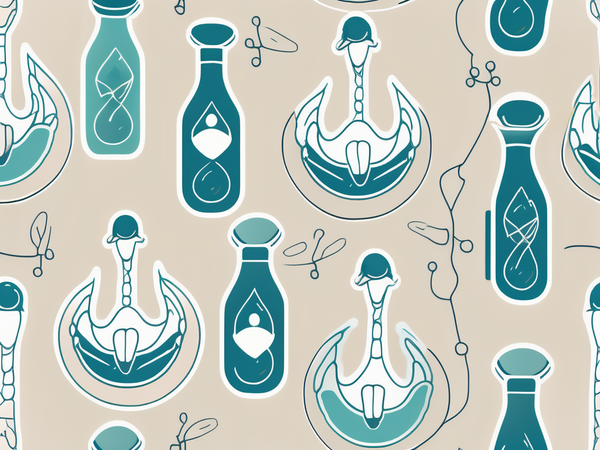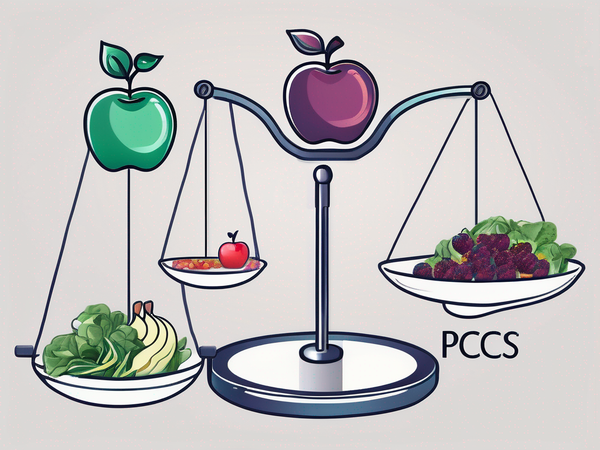If one were to equate a healthy body to a piece of cloth, then vitamins and minerals are the strands that hold the fabric together. Vitamins and minerals, also known as micronutrients, play an instrumental role in the proper functioning of the body. However, these micronutrient requirements are likely to differ from person to person. Women require certain vitamins and minerals more than men do. So what are the best vitamins and minerals for women, you ask? Let’s find out.
Best Vitamins and Minerals For Women
The most common determinants of a person’s nutritional requirements are age, gender, and their overall health profile. Let us look at some important vitamins and minerals that women require, in great detail below.
1. Vitamin B12:
Vitamin B12, also known as cyanocobalamin, is a very important micronutrient for women. It helps with a healthy pregnancy as it contributes to the brain and neural development of the fetus. Apart from this, it helps in the formation of red blood cells in the body. To know more about this important vitamin and how it benefits health, read our article, "Vitamin B12: Here’s Why Your Body Needs It’."
Here’s a list of where you can get your daily dose of Vitamin B12 from:
- Fat-free or low-fat milk
- Eggs
- Liver
- Clams
- Sardines
- Poultry
- Herring
- Flounder
- Blue cheese
- Nutritional yeast
- Fortified cereals.
Health Tip: Given that most of the sources of this particular vitamin come from animal sources, vegetarians can opt for supplements to meet their B12 requirements.
2. Vitamin D:
Women in their 30s need to put in extra effort to take care of their bones. After all, the older you get, the tougher it gets to maintain bone health. Having adequate vitamin D levels and calcium in the body is necessary, as it can impact bone health. A lack of sufficient amounts of this essential vitamin can cause many health issues, from weak bones and muscles to a higher risk of heart ailments, diabetes, and high blood pressure issues. Vitamin D deficiency can result in gestational diabetes, pre-eclampsia, and other abnormalities among pregnant women.
Following are some ways in which you can obtain your vitamin D:
- Exposure to sunlight (30–40 minutes of walking under the sun)
- Tuna
- Salmon
- Fortified foods (some brands of orange juice, cereals, low-fat or fat-free milk, soy beverages, and yogurt).
Health Tip: Women can also consider taking a vitamin D supplement if they are unable to meet these demands through a natural diet.

3. Folic Acid (Vitamin B9):
You can get your daily dose of folate from the following sources:
- Green leafy vegetables
- Citrus fruits and juices
- Beans
- Legumes
- Whole grains
- Cereals
4. Calcium:
Some of the food sources to obtain calcium are:
- Dairy products
- Soyabean
- Dark green leafy vegetables
- Calcium-fortified foods
- Sesame seeds
- Beans and lentils
- Ragi
5. Magnesium:
This is a less popular but essential mineral that is beneficial for both men and women. It seems to provide additional benefits for women, from pregnancy to postmenopausal stages. During pregnancy, it promotes healthy fetal development and prevents infant mortality.
Magnesium may help prevent disorders such as diabetes and heart disease by encouraging appropriate blood pressure and blood sugar levels. It also works along with calcium in maintaining bone and muscle health. Studies also reveal that magnesium can significantly improve PMS symptoms.
Listing a few food sources for magnesium.
- Spinach and other leafy greens
- Whole grains
- Legumes
- Nuts
Health Tip: Like any nutrient, food is not enough to bridge the nutritional gap. Investing in magnesium-rich supplements can help you reach optimal health and wellness.
6. Iodine
Iodine is yet another trace mineral that is extremely important for helping the body function properly.
Iodine is not produced in the body, so we need to supplement it through natural sources, supplements, or fortified foods. After the ingestion of this mineral, the thyroid gland uses it to produce thyroid hormones, which in turn help in various metabolic (energy production, distribution, and regulating body temperature and heart rate) processes in the body. Thus, this mineral helps the thyroid function optimally. The requirement for this mineral increases during pregnancy and in people with thyroid disorders. Most of us get our daily dose of iodine through our table salt, which is iodized. The following are the common sources of iodine:
- Iodized salt
- Dairy
- Seafood
- Eggs
Health Tip: Next time you buy a packet of salt, remember to check for the label "iodized."

7. Iron:
Anemia is a common health concern among women. Ideally, women between the ages of 19 and 50 must consume 14.8 mg of iron a day, while women over 50 must have 8.7 mg a day. If you are someone who loses a lot of blood during your monthly period, you are likely to be at a higher risk of iron deficiency anemia. If that's the case, then it's best to add foods to your diet that are rich in iron for women.
You may refer to the following list to include a few of them:
- Spinach
- Shellfish
- Liver
- Legumes
- Red meat
- Pumpkin seeds
Health Tip: If you are not getting enough iron from the food you eat, it is necessary that you have it in the form of supplements to get the requisite dose.
Wrapping Up!
Apart from the aforementioned vitamins and minerals for women, vitamin C, iodine, and omega-3 fatty acids are other important micronutrients. They aid in strengthening immunity levels, maintaining healthy levels of blood sugar and blood pressure, and aiding in the baby's healthy development. While you take care of your family, don't forget to take care of yourself first! Utilize these essential vitamins and minerals to improve your health. If you find it difficult to balance your daily meals, there are many health supplements available on the market to assist you. Having said that, it would be advisable to consult your healthcare provider to determine which vitamin or mineral supplement or multivitamin for women you need to consume.
References:
- Sajin Bae, Allyson A West, Jian Yan, Xinyin Jiang, Cydne A Perry, Olga Malysheva, Sally P Stabler, Robert H Allen, Marie A Caudill, Vitamin B-12 Status Differs among Pregnant, Lactating, and Control Women with Equivalent Nutrient Intakes, The Journal of Nutrition, Volume 145, Issue 7, July 2015, Pages 1507–1514, https://doi.org/10.3945/jn.115.210757
- Bohon TM, Goolsby MA. The Role of Vitamin D Supplements in Women's Health. Clin Med Insights Womens Health. 2013;6:67-70. Published 2013 Oct 20. doi:10.4137/CMWH.S11067. (https://www.ncbi.nlm.nih.gov/pmc/articles/PMC3941188/)
- Folic Acid for the Prevention of Neural Tube Defects: Preventive Medication. (https://www.uspreventiveservicestaskforce.org/uspstf/recommendation/folic-acid-for-the-prevention-of-neural-tube-defects-preventive-medication)
- How much calcium do you really need? Harvard Health Publishing (https://www.health.harvard.edu/staying-healthy/how-much-calcium-do-you-really-need)
- Iron, National Health Service (UK) (https://www.nhs.uk/conditions/vitamins-and-minerals/iron/)













